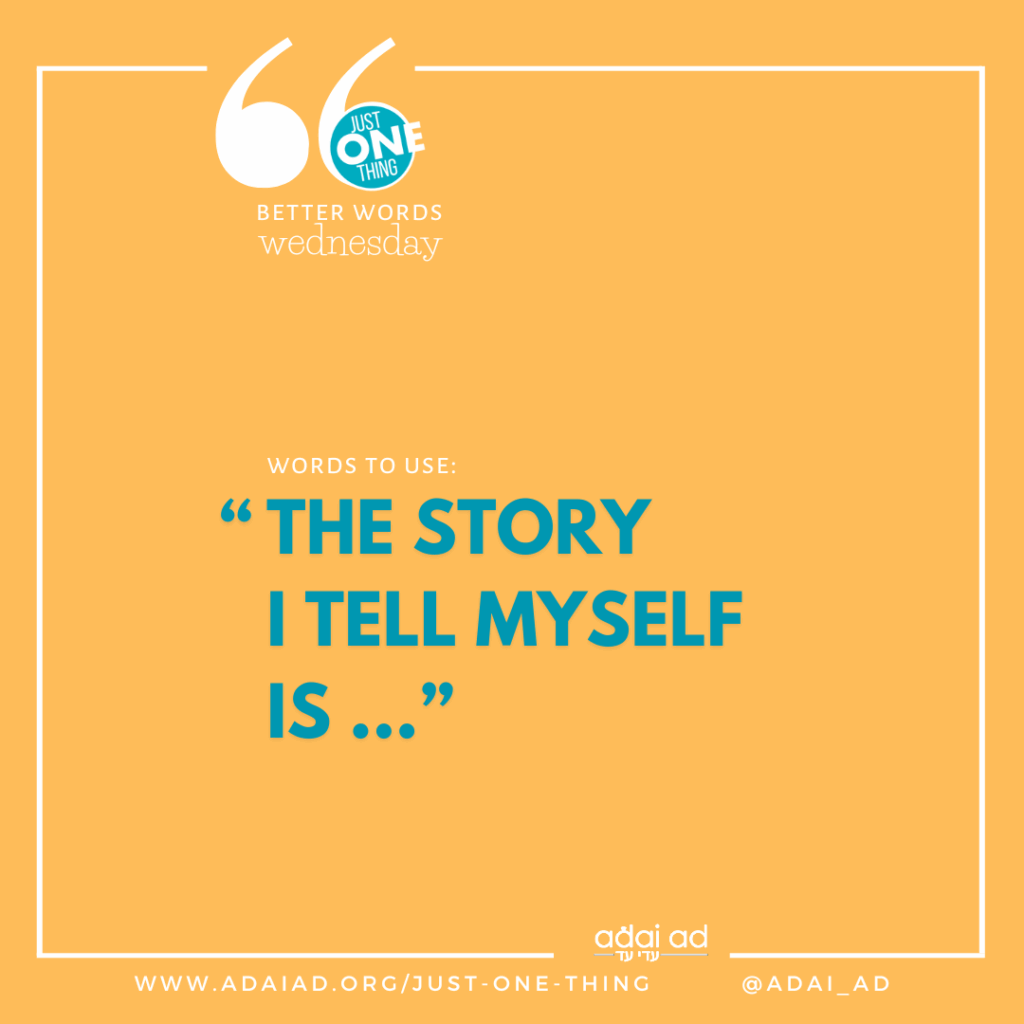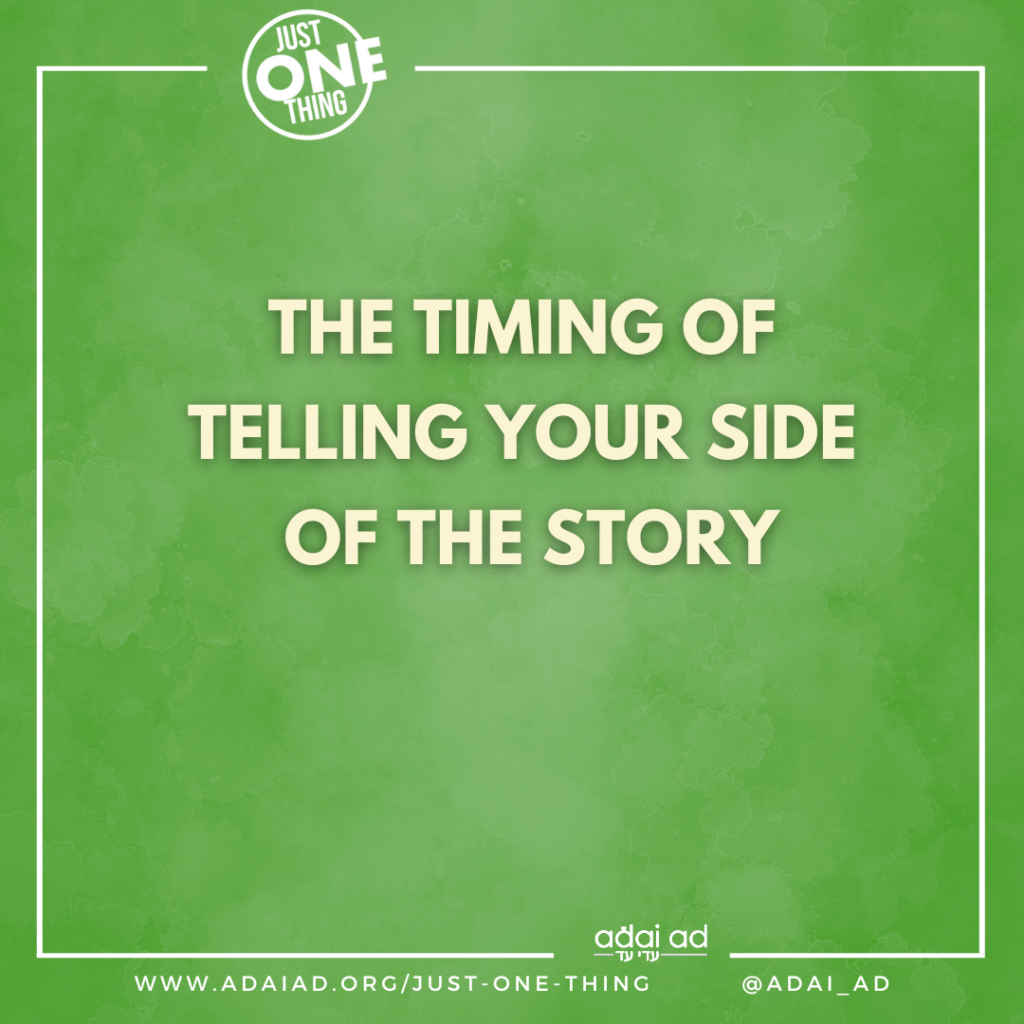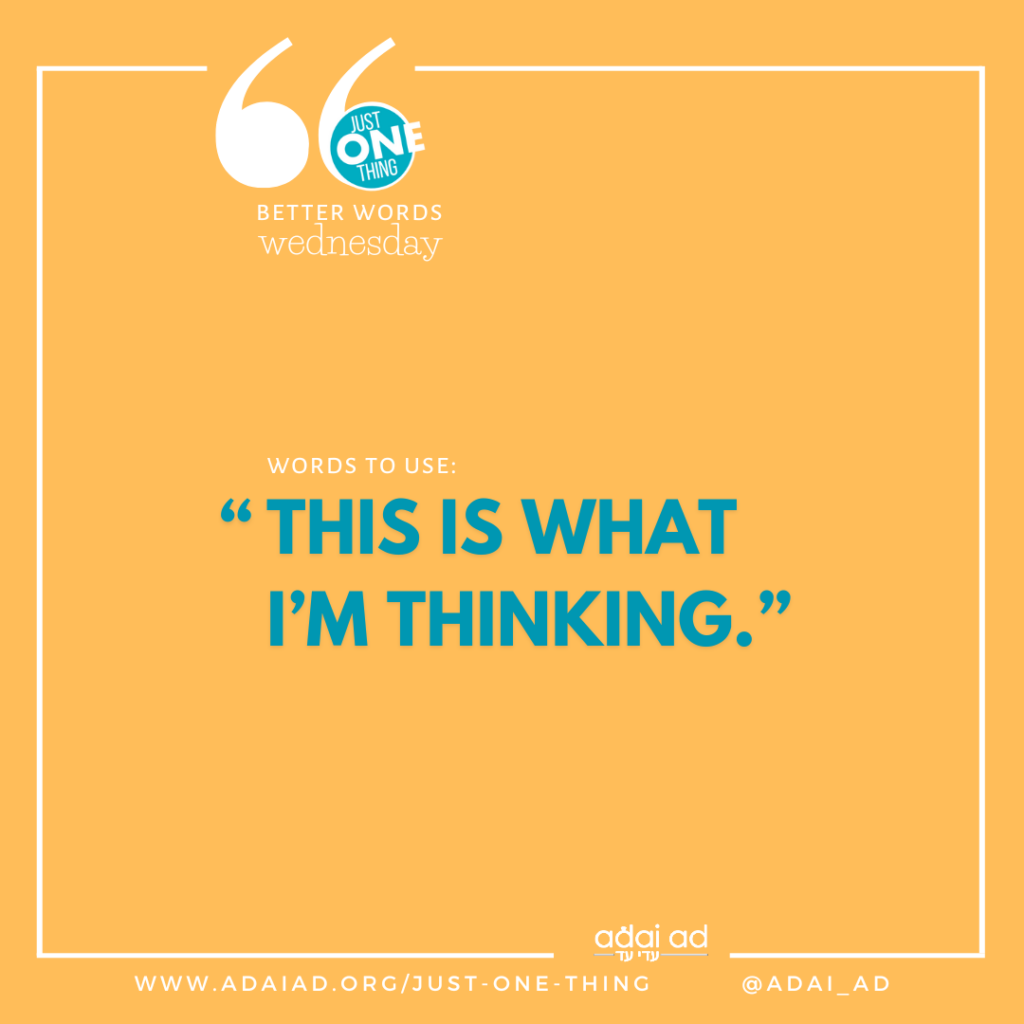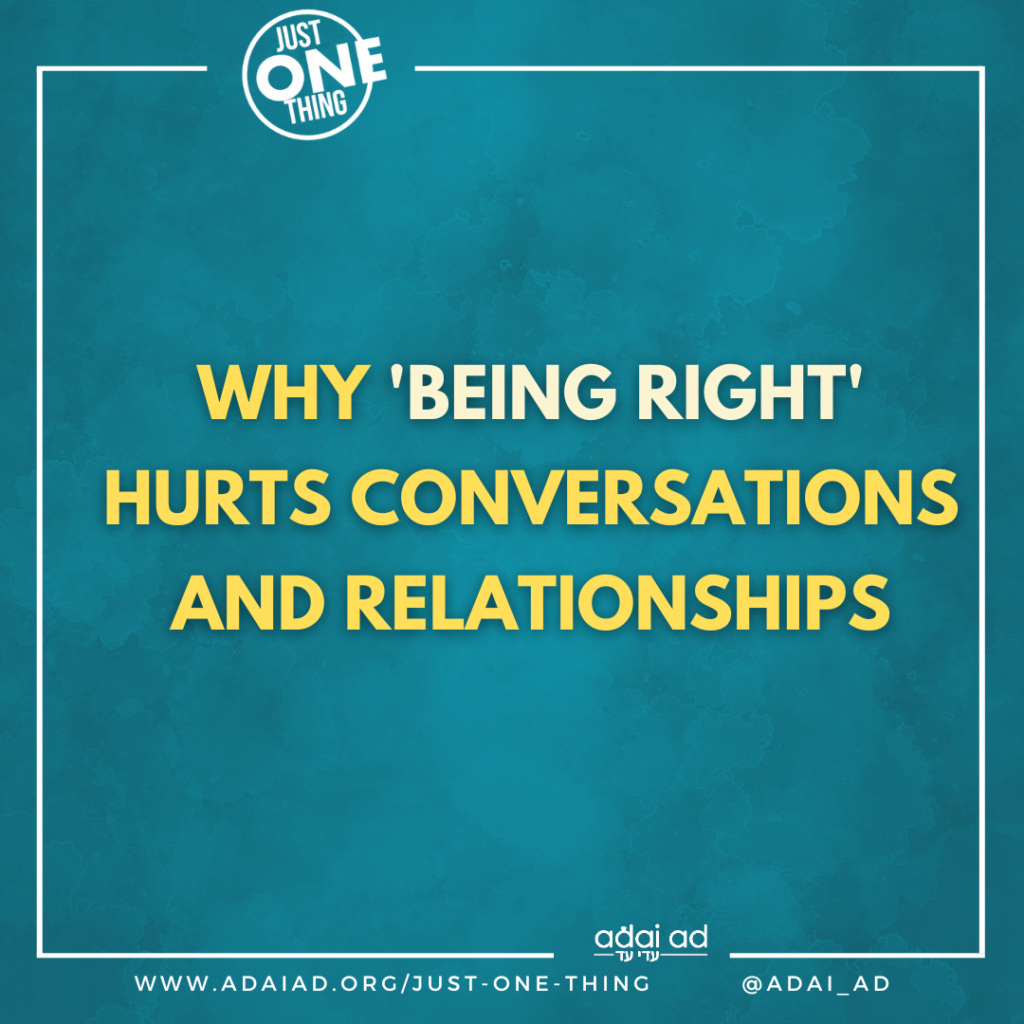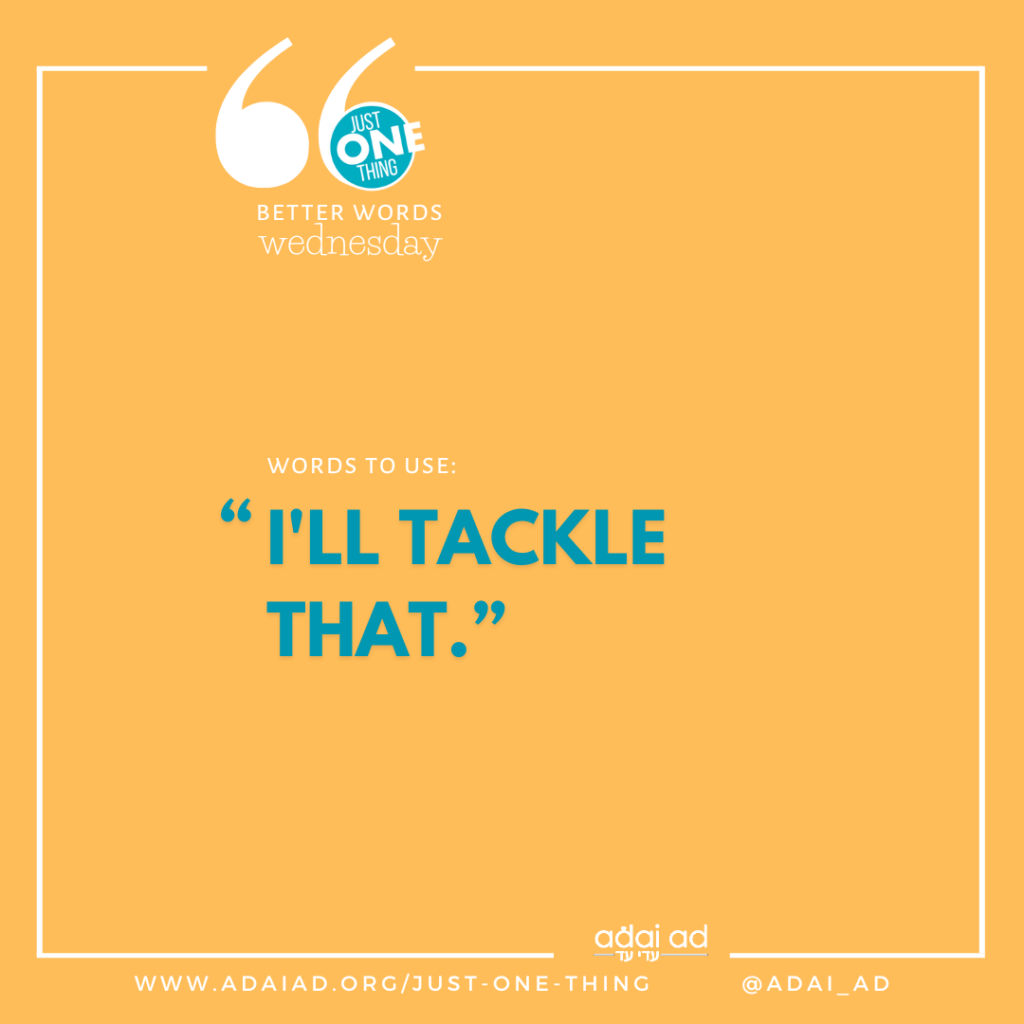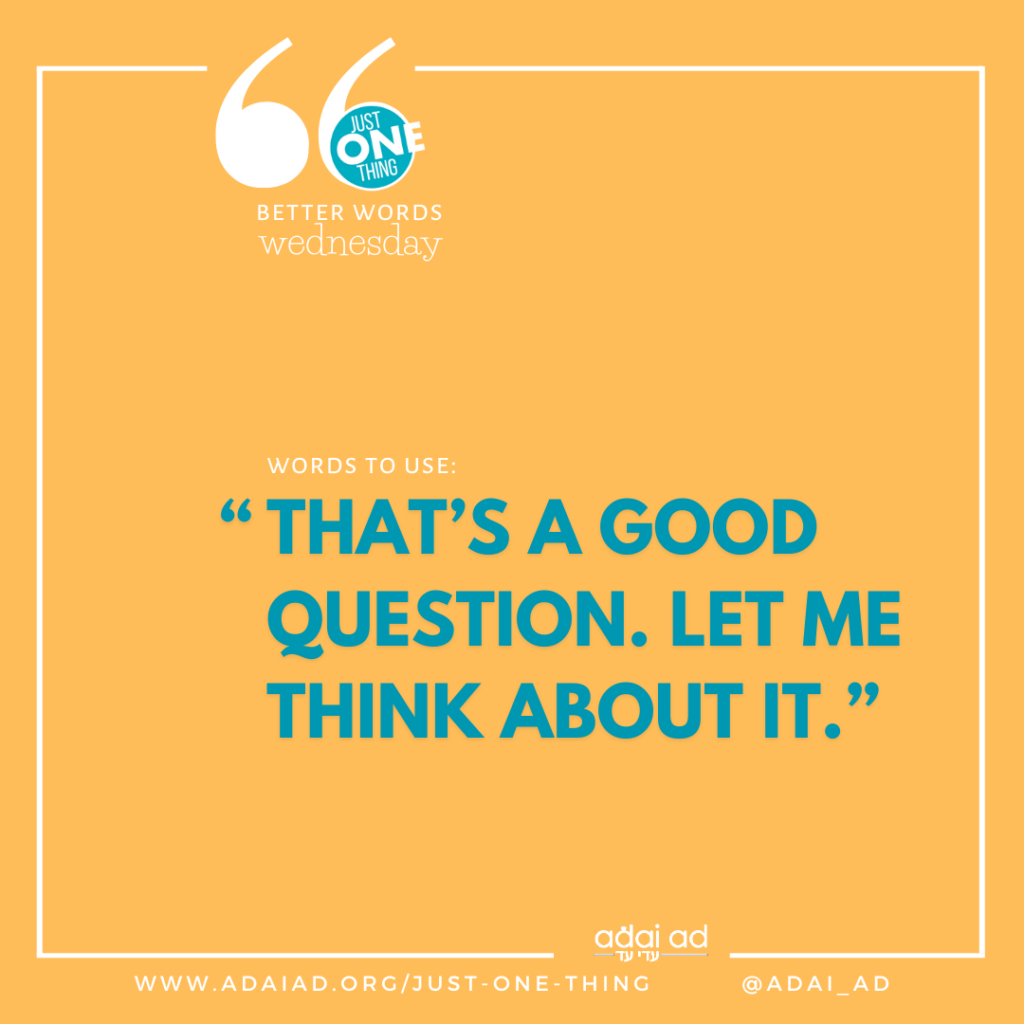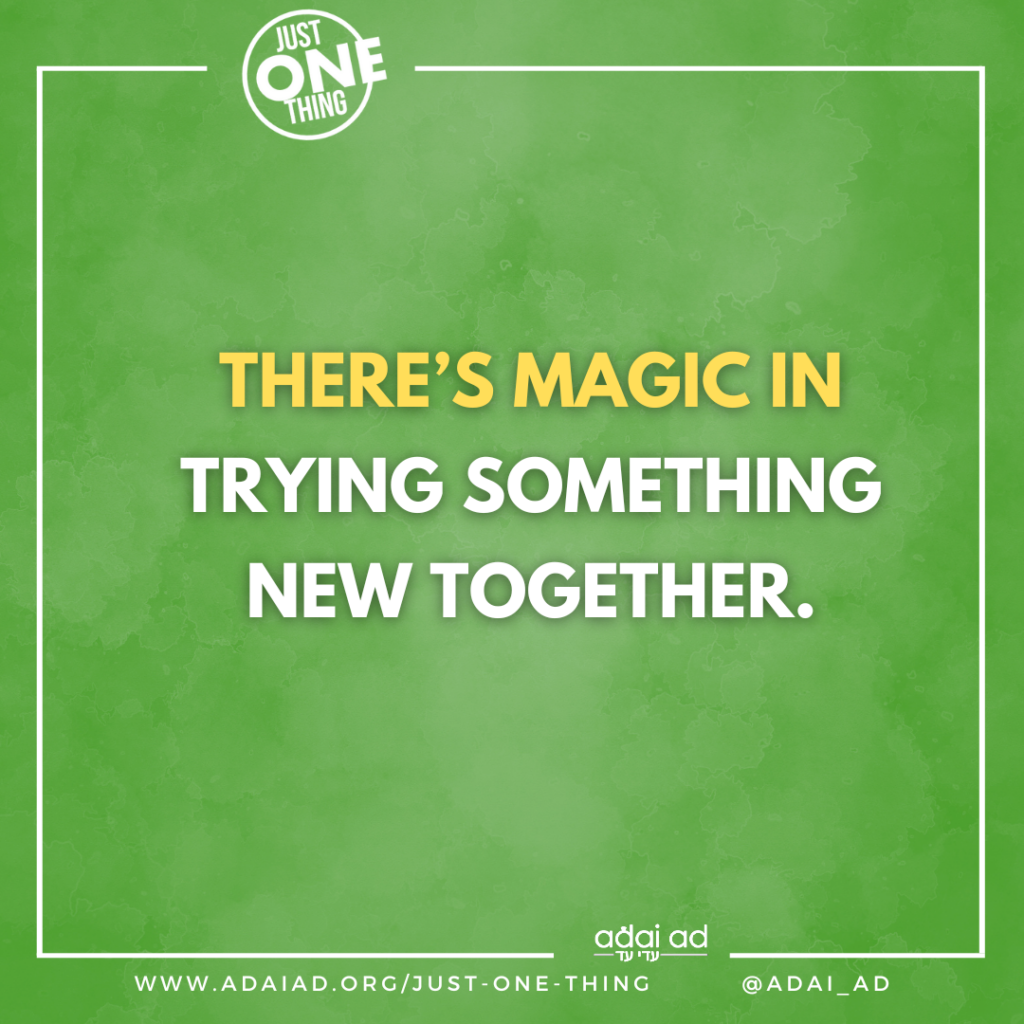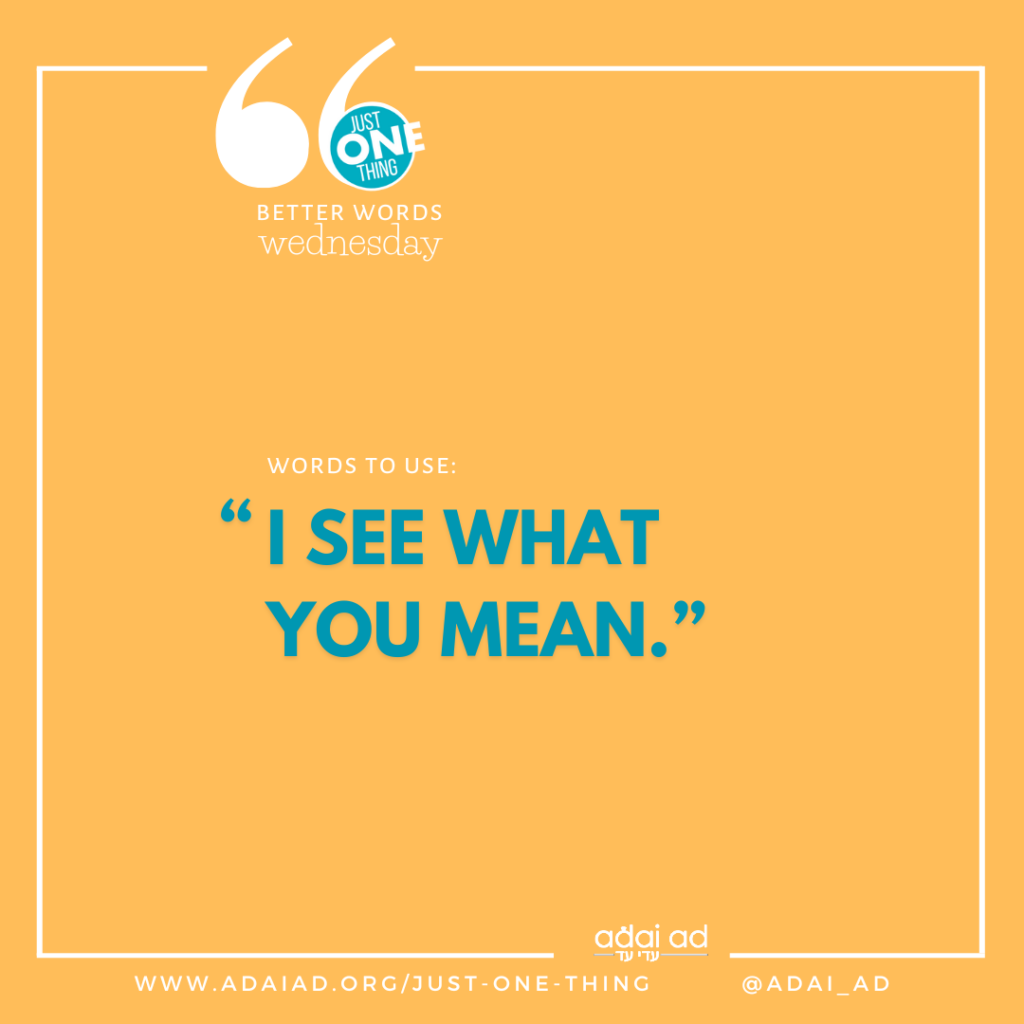Words to use: “The story I tell myself is …”
This simple line shares your inner world.You are sharing it as your perspective—not the ultimate truth.You’re not stating it as a fact or making an accusation—just naming the way something lands for you. 💛 “The story I tell myself when you bring me coffee is that you want to make me smile.” It works for […]
Words to use: “The story I tell myself is …” Read More »

